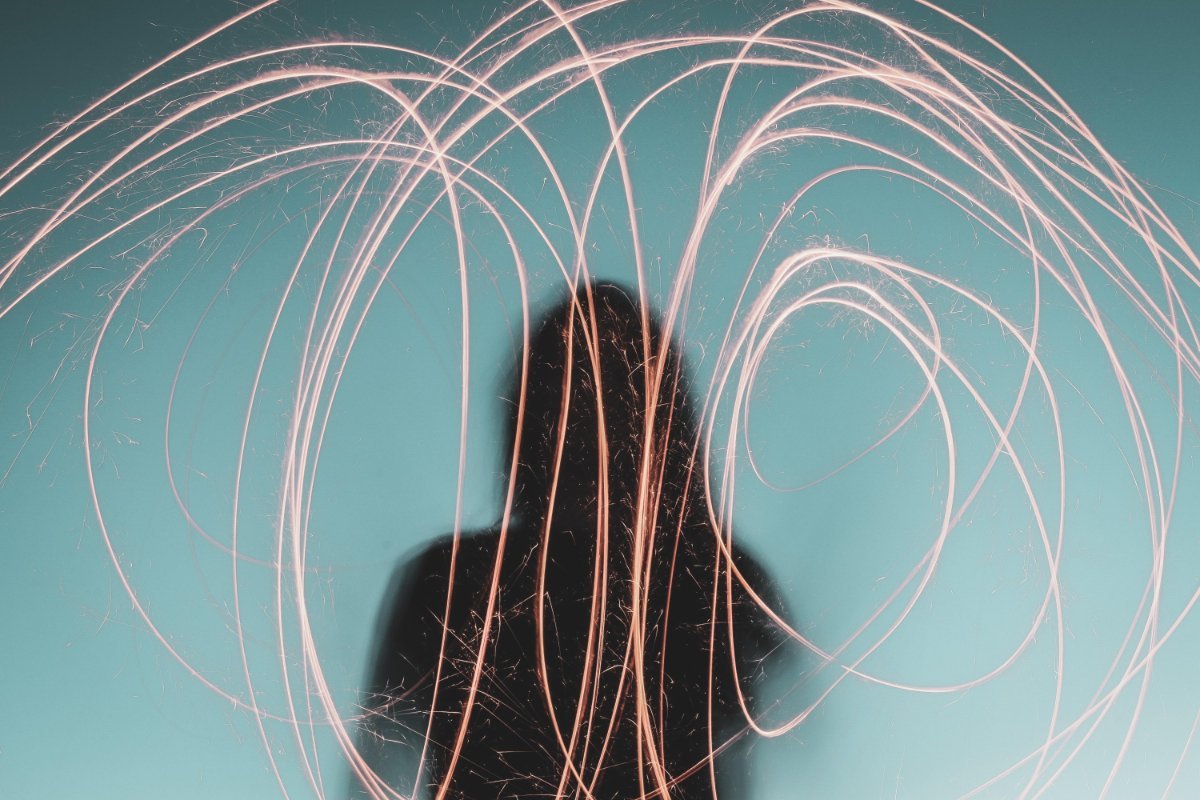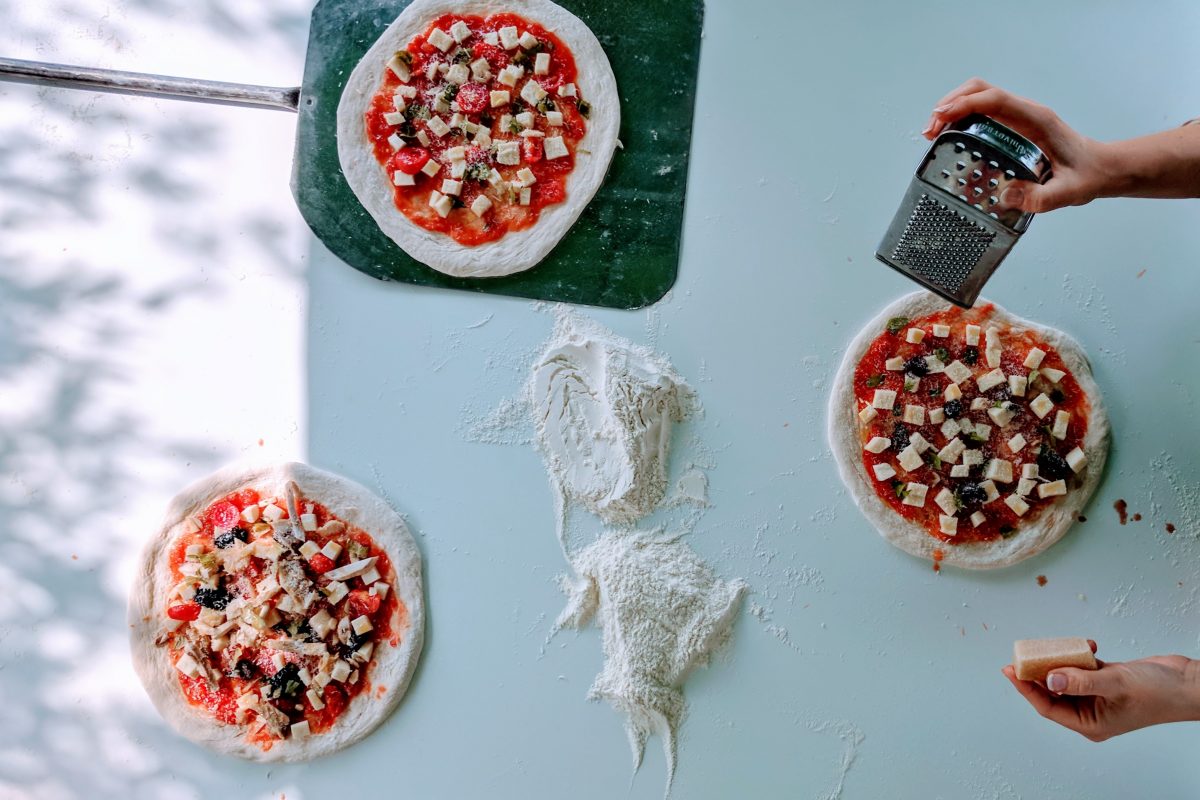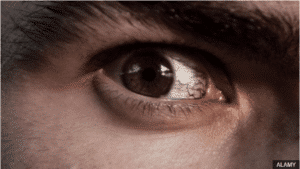The mere exposure effect is a phenomenon that can guide our choices without being aware of it. In a year, you may like something you currently hate.
Have you ever wondered why your preferences change as you get older? For example, if you didn’t like olives when you were little, you may not be able to think of breakfast without olives now. Or maybe someone you hated before is now your best friend. These are just examples of the exposure effect, a powerful psychological phenomenon that can change our choices throughout our lives.
If you catch yourself saying, ‘Oh, I used to hate this’, then you may be experiencing this effect.
What is the Salt Exposure Effect?

It is a psychological phenomenon that causes people to prefer things simply because they are familiar with them. The more you are exposed to something, the more you may find yourself loving it.
This can happen consciously or unconsciously. The more you experience the same thing, the more familiar it becomes and you begin to enjoy it more than you expected.
The mere exposure effect works because we enjoy getting familiar with things. We feel secure and look for things we are familiar with as much as possible.
If you’re still not sure if this is true, let’s look at examples:
Music

Imagine hating a song you heard for the first time, but you listen to it all the time. It plays everywhere. Over time you get used to it and add it to your playlist. Is it familiar? One of the simplest examples of the mere exposure effect.
This is a typical example of unconscious exposure because you may not even realize how often you listen to the song. Then when you consciously listen or realize that you are listening, you will find that you enjoy it more than when you first heard. Eventually, you’ll find yourself singing along.
People

It is said that the first impression is essential, but this may not always be true. The more time you spend with someone, the more familiar they become. That means you’ll find more in common with them. Things that bother you at first will also become more familiar, and you’ll get used to them as you spend more time with them.
Once you get to know someone this way, you may tend to like them more because you’re familiar with their quirks. Many friendships start when two people seriously dislike each other. However, over time the relationship grows as familiarity emerges.
Eat

Our taste buds indeed change as we get older and enjoy things we didn’t like before. However, this may also be a product of the mere exposure effect.
You may not like the taste of olives, but you eat them on pizza or in sauces. Eventually, as you eat other things, you get used to the taste, becoming familiar to you. This is a slow process, and you may not even realize it’s happening. However, as time goes on, you may find yourself eating the olive of your own free will.
How Effective Is the Salt Exposure Effect?
Studies have shown that this effect increases as the exposure time increases. So, when you experience something for the first time, you may not like it. Then, when you experience it for the second time, maybe a few days later, you’ll like it a little more. As this continues and the experience becomes more familiar, you will begin to love it more.
It takes several exposures for familiarity to progress, so it takes time for the effect to build up. This means that if you experience the same thing repeatedly, you will not begin to enjoy it when time passes between the experiences.
It has also been found that children do not suffer from the exposure effect as much as adults. This is because children tend to enjoy new things rather than familiar ones. But the older you get, the more familiar you are with something, the more you enjoy it.













